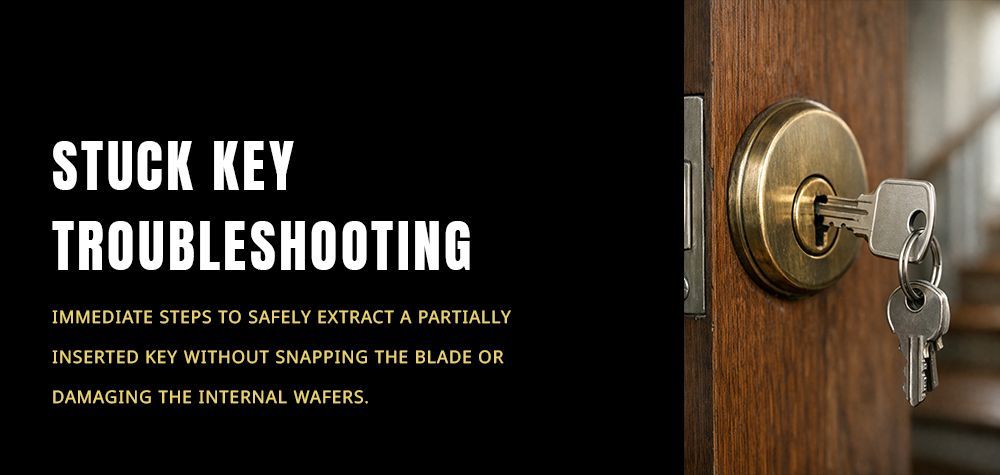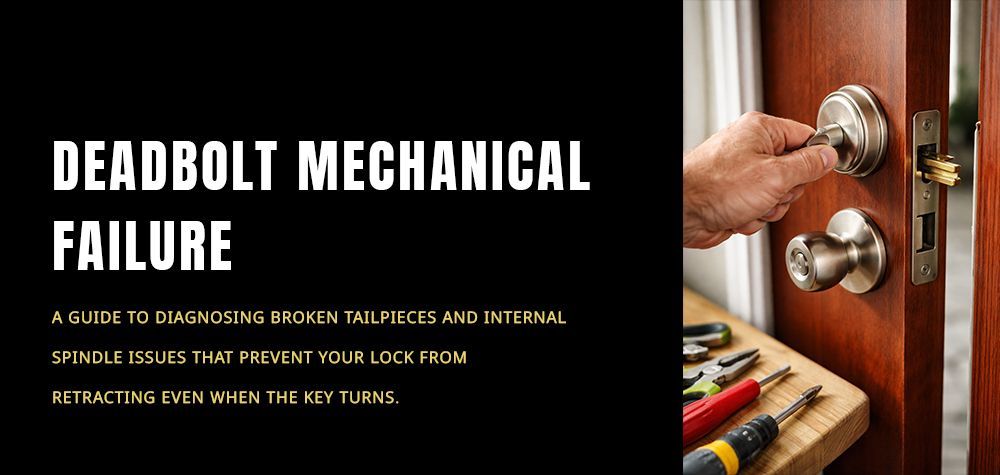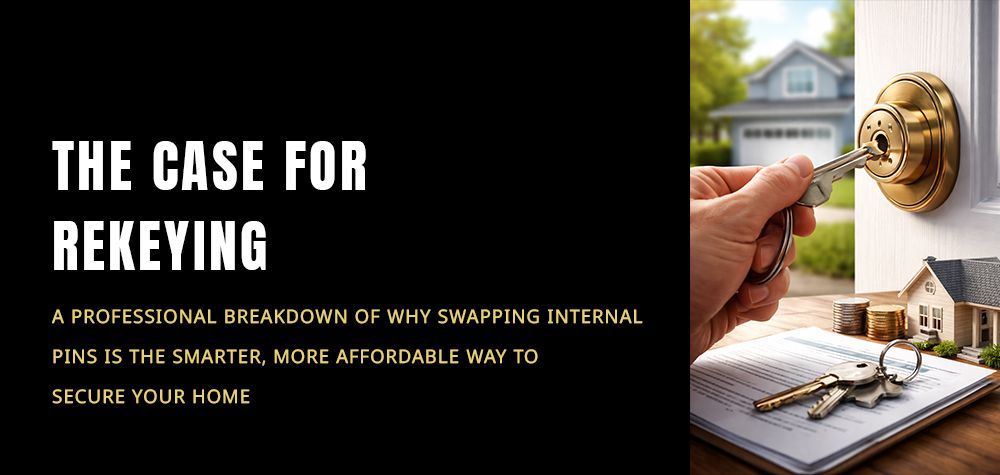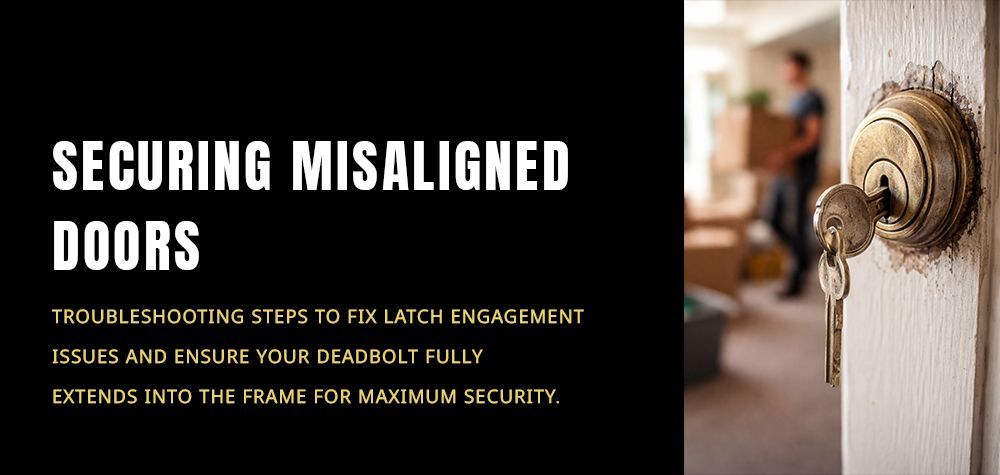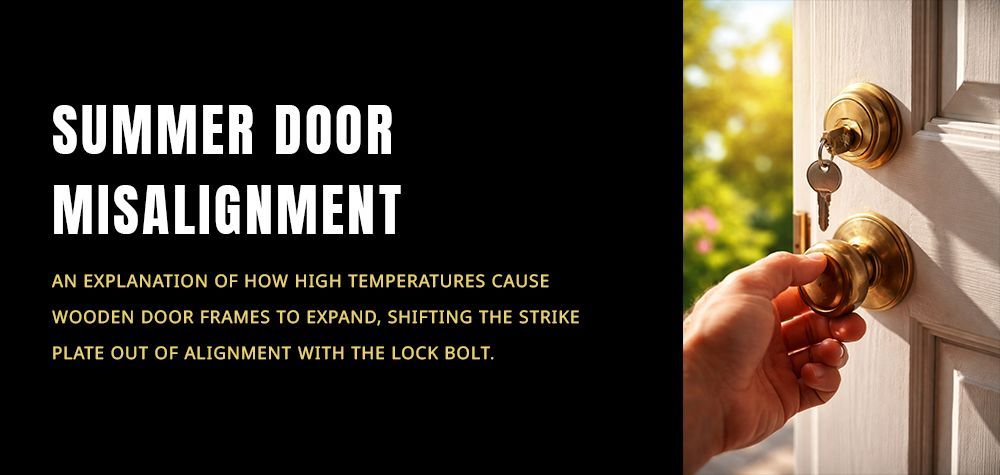Top methods to rekey a car door lock
Imagine the unsettling scenario of losing your car key or worse, having it stolen. Swift action is imperative to secure your vehicle, and waiting for a locksmith appointment might not be the fastest solution. Learn how to rekey a car door lock efficiently and safely with this detailed guide, ensuring the protection of your vehicle without delay.
Safeguarding Your Vehicle: DIY Car Door Lock Rekeying Unveiled
Securing your car doesn't have to be a lengthy process. Discover step-by-step instructions on how to rekey a car door lock, empowering you to take immediate action and protect your vehicle from potential threats.
Step-by-step to Rekey a Car Door Lock
When time is of the essence, DIY car door lock rekeying provides a swift solution. Familiarize yourself with the essential tools, basic knowledge, and detailed steps to successfully rekey your car locks.
What to Prepare for DIY Car Door Lock Rekeying
Gather the necessary tools for a seamless rekeying process. From a slotted screwdriver to a brand-specific automotive rekeying kit or a new key with a pinning kit, preparation is key to a successful DIY rekeying endeavor.
Step 1: Learn the Components of the Lock
Before diving into the rekeying process, understand the lock components specific to your car model. Consult your car manual or online resources to gain insights into the lock structure, ensuring a confident start to the DIY rekeying process.
Step 2: Remove the Door Lock from the Car
Unlock the door using a backup key and proceed to remove the door lock. This seemingly complex task is broken down into simple steps, from removing the window crank to disassembling the cluster panel. Take note of the disassembly process for smooth reassembly later.
Step 3: Disassemble the Lock Cylinder
Meticulously disassemble the lock cylinder, paying attention to each component. From removing the C-clip to extracting the tumbler and its pins, follow a detailed guide to ensure a thorough disassembly process.
Step 4: Insert the New Pins
Embark on the rekeying process by arranging the new pins to match the existing key. Utilize a trial-and-error method, starting from the back slot and confirming each pin's compatibility with the spring. Opt for quality pins to enhance the longevity of your rekeyed lock.
Alternative Method: Rearrange and File the Original Pins
For those without a pinning kit, an alternative method involving rearranging and filing the original pins is explored. This cost-effective approach ensures a successful rekeying process, even without specialized tools.
Step 5: Reassemble the Lock Cylinder and the Car Door
Conclude the DIY rekeying process by reassembling the lock cylinder and the car door. Follow a systematic approach, from placing the tumbler inside the cylinder to securing the lock's arm with a C-clip. Ensure all components return to their original positions for the lock to function seamlessly.
DIY Rekeying: Balancing Rewards and Risks
Delve into the rewards and risks of DIY car door lock rekeying. While it offers a cost-effective solution and immediate action, be aware of potential risks that may result in damages requiring professional service. Brothers Locksmith provides expert assistance when DIY endeavors pose challenges.
Elevate Your Security with DIY Car Door Lock Rekeying: Brothers Locksmith's Expertise at Your Service
In conclusion, mastering DIY car door lock rekeying is within your grasp, especially with the expertise of Brothers Locksmith. Equip yourself with knowledge, quality tools, and the confidence to safeguard your vehicle promptly.
Call Us Any Time!


